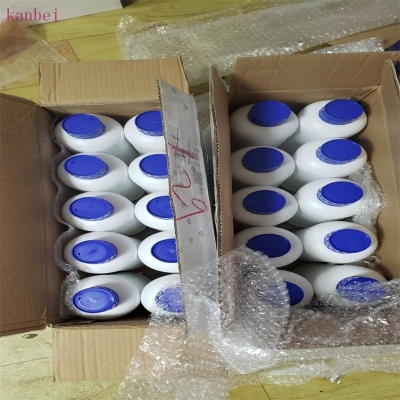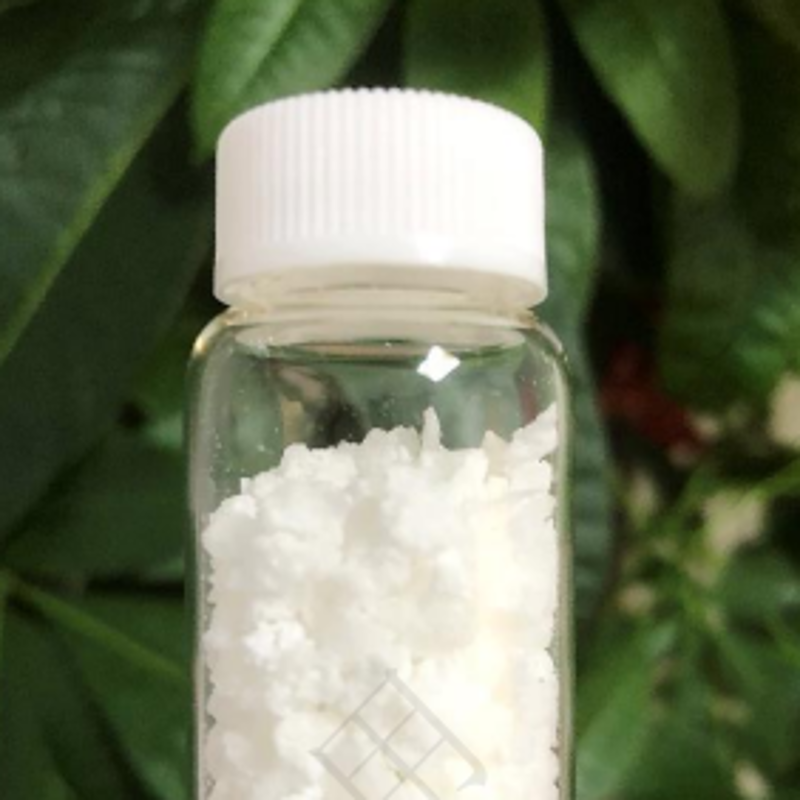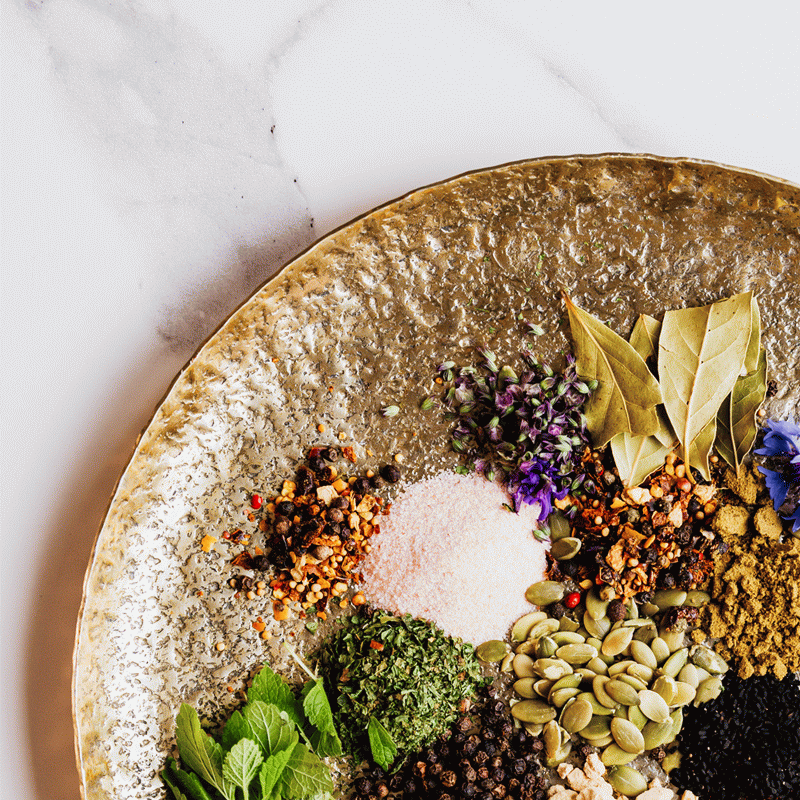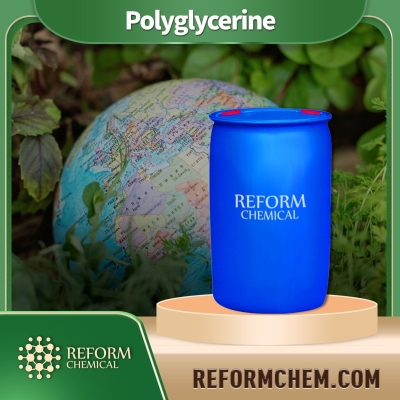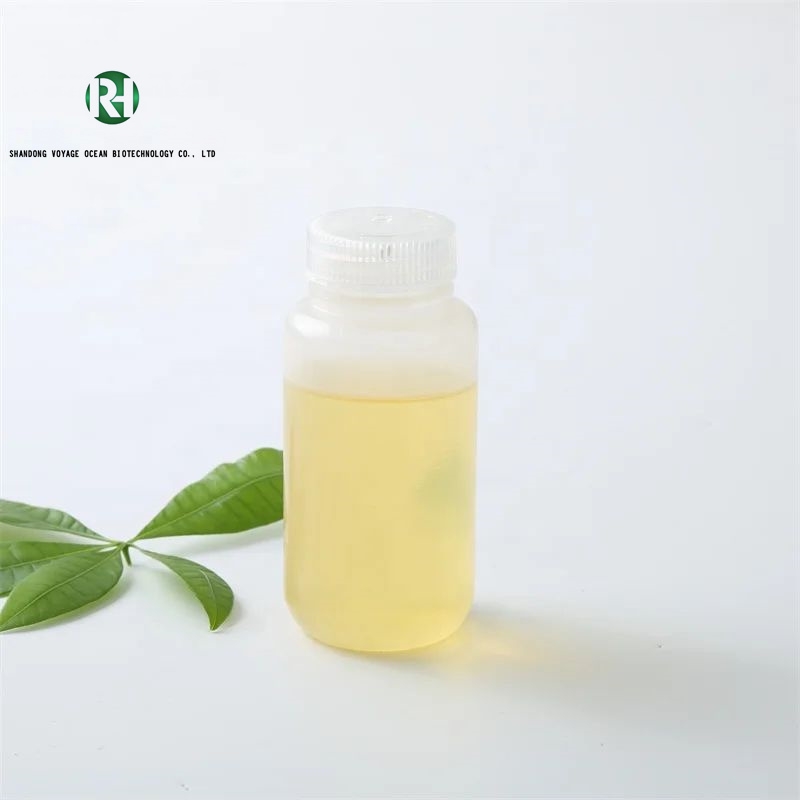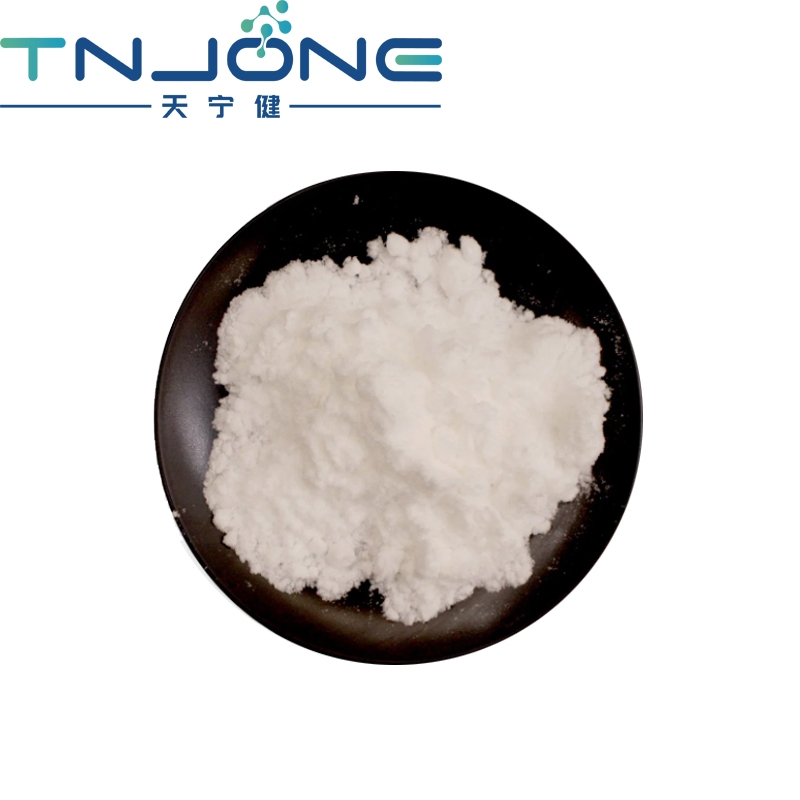Cosmetic Ingredient
- • Abrasive (124)
- • Absorbent (84)
- • Anticaking (66)
- • Anticorrosive (25)
- • Antifoaming (19)
- • Antimicrobials (290)
- • Antioxidant Ingredient (393)
- • Antiperspirant (20)
- • Antiplaque (48)
- • Anti-seborrheic (38)
- • Anti-sebum (39)
- • Antistatic (458)
- • Astringent (162)
- • Binding Agent (172)
- • Bleaching Agent (53)
- • Buffering (191)
- • Bulking (109)
- • Chelating (122)
- • Cleansing (679)
- • Cosmetic Colorant (212)
- • Cosmetic Preservative (158)
- • Denaturant (45)
- • Deodorant (98)
- • Depilatory (27)
- • Dissolving Agent (298)
- • Emollient (795)
- • Emulsifying Agent (480)
- • Emulsion Stabilising (154)
- • Exfoliating (19)
- • Film Forming (299)
- • Flavouring (72)
- • Foam Boosting (161)
- • Foaming (101)
- • Fragrance Ingredient (726)
- • Gel Forming (19)
- • Hair Conditioning (670)
- • Hair Dyeing (363)
- • Hair Fixing (36)
- • Hair Waving or Straightening (45)
- • Humectant (282)
- • Hydrotrope (92)
- • Keratolytic (20)
- • Light Stabilizer (80)
- • Moisturising Agent (50)
- • Nail Conditioning (42)
- • Occlusive (20)
- • Opacifying (119)
- • Oral Care (123)
- • Oxidising (19)
- • Perfuming (2105)
- • Plasticiser (98)
- • Propellant (19)
- • Reducing (50)
- • Refatting (12)
- • Refreshing (26)
- • Skin Cleansing (388)
- • Skin Conditioning (1751)
- • Skin Humectant (21)
- • Skin Protecting (282)
- • Smoothing (31)
- • Soothing (71)
- • Tonics (155)
- • UV Filter (34)
- • Viscosity Controlling (532)
Chemicals as Skincare Ingredients
Related News
-
Shell Considers Partnering with the U.S. and Closing European Chemical Assets
2025-03-26 -
Quaker Houghton Acquires Dipsol Chemicals, Strengthening Advanced Solutions Portfolio
2025-03-27 -
AstraZeneca to Invest $2.5 Billion to Establish Global Drug R&D Center in Beijing
2025-03-25 -
Saudi Aramco CEO: Invest in downstream projects in China's energy, chemical and other fields
2025-03-28 -
Dow's Silicones Downstream Expansion Project in Zhangjiagang Launches and Drives Market Innovation
2025-03-21 -
ECHEMI High Quality Inquiries (22-26 Mar)
2025-03-27
Sort Skin Conditioning Alphabetically
Skin Conditioning
Phloridzin
(60-81-1)-
- / 99.00%
-
-
industrial Grade / 98%
-
Pharmacy Grade / 99%
Request for quotation , get quotes from more suppliers.
Poly(L-glutamic acid)
(25513-46-6)-
Cosmetics Grade / 99%
-
Cosmetic Grade, Food Grade, Medicine Grade / 0.00%
-
Cosmetics Grade / 92.2%
$235-275/KG EXW
-
Cosmetics Grade / 99%
Request for quotation , get quotes from more suppliers.
-
- / 99.00%
-
Food Grade / 99%
-
Pharmacy Grade / 99%
-
Pharmacy Grade / 99%
Request for quotation , get quotes from more suppliers.
Propylene glycol monostearate
(1323-39-3)-
- / 99.00%
-
-
industrial Grade / 98%
-
Industrial Grade / 99%
Request for quotation , get quotes from more suppliers.
-
Chemical Grade / 95%
-
Food Grade / 99%
$11-14/KG FOB
-
AR Grade / 99%
-
Food Grade / 99%
Request for quotation , get quotes from more suppliers.
Poly(vinylidene fluoride)
(24937-79-9)-
Industrial Grade / 99%
-
Industrial Grade / 99%
-
- / 99.00%
-
Request for quotation , get quotes from more suppliers.
Petitgrain oil
(8014-17-3)-
Industrial Grade / 99%
-
-
-
![Petitgrain Oil buy Petitgrain Oil]()
Request for quotation , get quotes from more suppliers.
Polyglycerol
(25618-55-7)-
Industrial Grade / 99%
-
Pharmacy Grade / 99%
-
- / 0.00%
-
Reagent Grade / 99%
$12-13/KG FOB
Request for quotation , get quotes from more suppliers.
-
- / 99.5%
-
Food Grade / 100%
-
![PEANUT OIL buy PEANUT OIL]()
Industrial Grade / 98%
-
![PEANUT OIL buy PEANUT OIL]()
Request for quotation , get quotes from more suppliers.
Pregnenolone acetate
(1778-02-5)-
Pharmacy Grade / 98%
$30-35/KG FOB
-
Pharmacy Grade / 99%
-
- / 99.00%
-
Pharmacy Grade / 99%
$250-300/KG FOB
Request for quotation , get quotes from more suppliers.
More Information
Skin conditioning are the collective name for ingredients in cosmetics that have effects on the skin, such as whitening, moisturizing, anti-aging, and acne removal. In jargon, they are also called active ingredients in cosmetics. These agents work by replenishing the skin's natural lipid barrier and enhancing its ability to retain moisture, resulting in softer, smoother, and more supple skin.
When skin conditioning agents are applied to the skin, they form a protective layer that helps to seal in moisture and prevent water loss. This barrier also helps to shield the skin from environmental aggressors such as harsh weather conditions and pollutants, promoting overall skin health and resilience.
Common Skin Conditioning
•Whitening agents: reduce melanin deposits and lighten discoloration
•Antibacterial agents: prevent or reduce skin bacterial infections
•Anti-allergic agents: reduce allergic reactions to irritants









![99% L(-)-Epinephrine;1-1-(3,4-dihydroxyphenyl)-2-methylaminoethanol[qr];1-adrenalin[qr];1-Adrenaline buy 99% L(-)-Epinephrine;1-1-(3,4-dihydroxyphenyl)-2-methylaminoethanol[qr];1-adrenalin[qr];1-Adrenaline](https://file.echemi.com/fileManage/upload/cas/380/b0863a85-0af1-42c0-b120-78e487c5b147.png)











